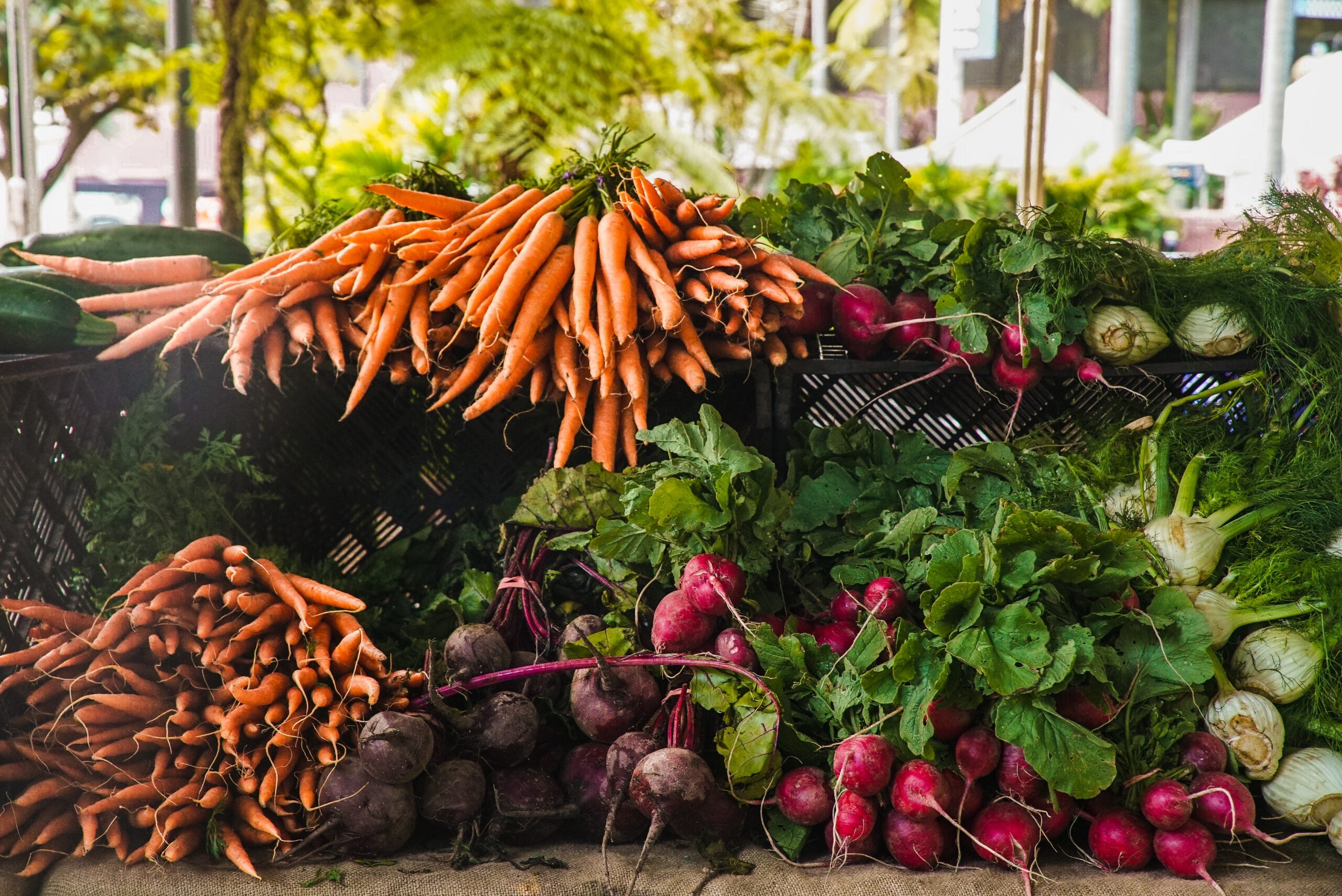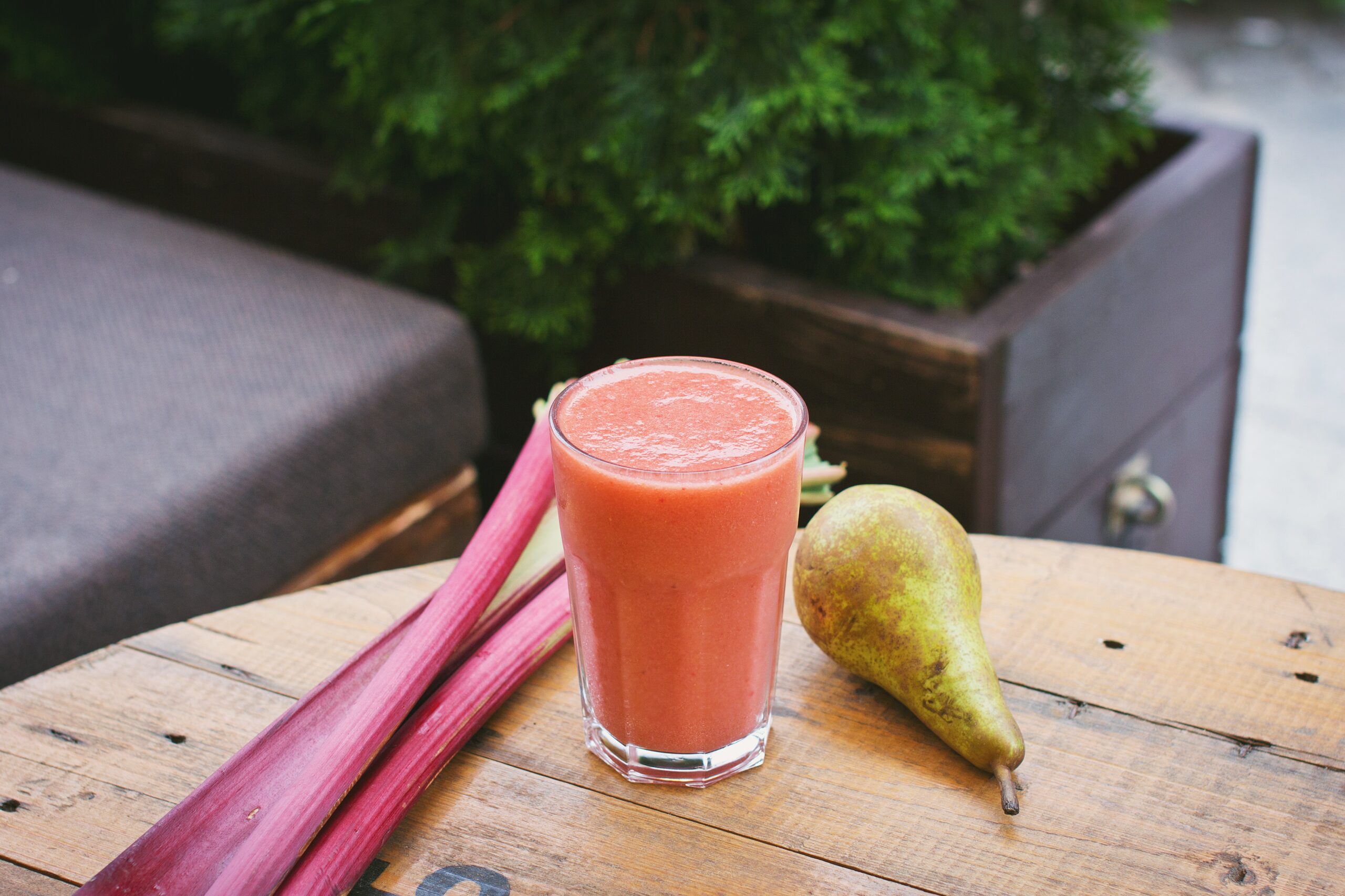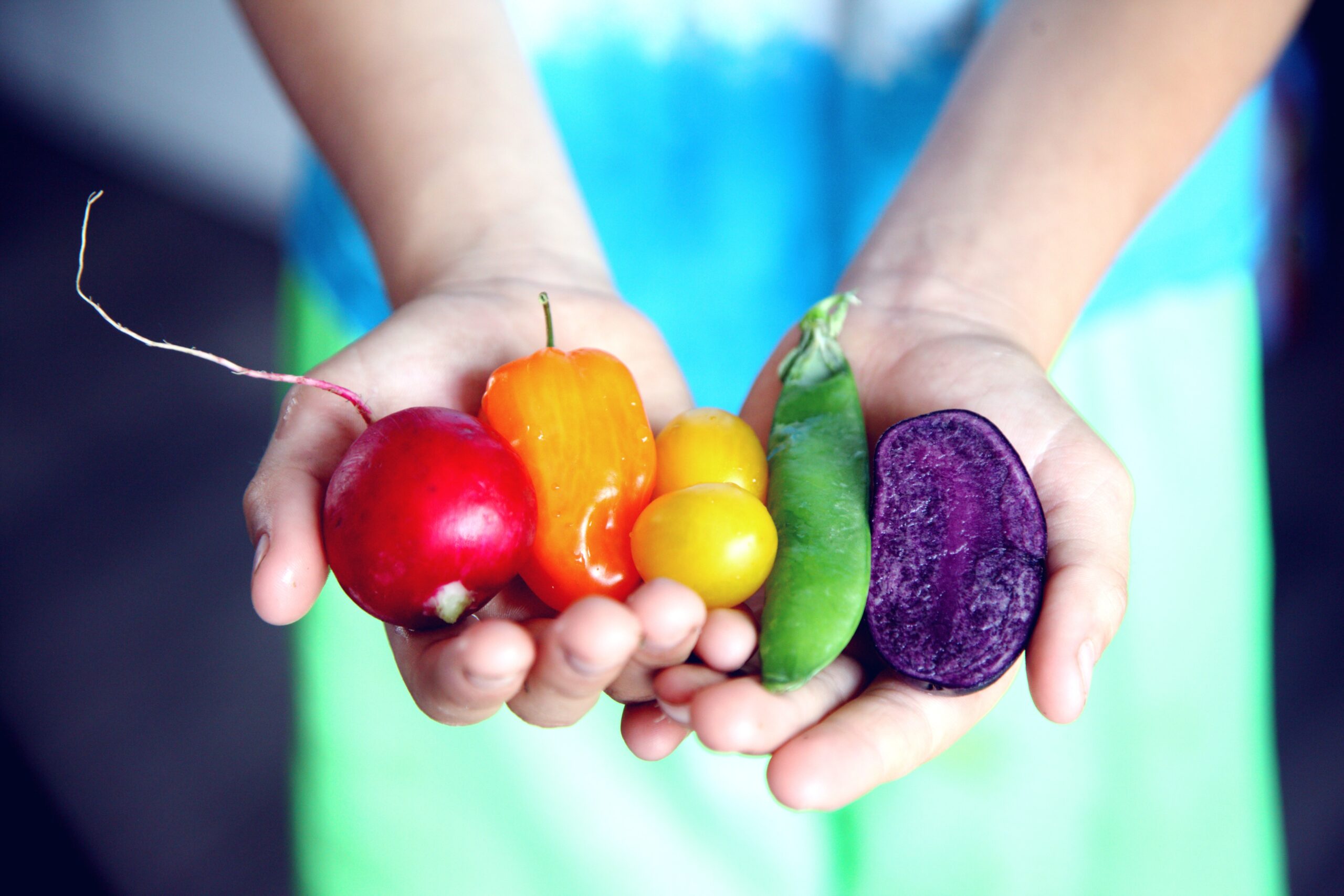Juicing can be an incredibly nutrient-rich practice, offering many benefits to help maintain good health. Juicing vegetables is an easy way to get the vitamins and minerals your body needs. Juicing helps your body absorb more nutrients than if they were consumed raw, leading to increased energy levels, better health outcomes, and improved disease prevention.
Benefits of Juicing Vegetables
As you can imagine, there are lots of benefits to juicing your vegetables. This is especially true if you do not enjoy vegetables in their natural forms.
Improved digestion: By removing fiber from the equation, drinking fresh vegetable juices allows for easier digestion and more efficient nutrient uptake by the body.

Cleansing properties: The antioxidants and other beneficial compounds found in fresh veggie juices can help flush out toxins from the body, aiding its natural detoxification processes.
Improved digestion: Drinking fresh veggie juices is a gentle way to consume large amounts of nutrients without having to worry about trying to break down all the fiber found in solid foods. This makes for easier digestion and allows for more efficient nutrient uptake by the body.
Detoxification: The antioxidants and other beneficial compounds found in fresh vegetable juices can help flush out toxins from the body, boosting its natural detoxification processes.
Sufficient Nutrient content: Juicing allows for greater nutrient absorption because it breaks down the cell walls of vegetables, making them easier for your body to process and digest. By juicing vegetables and fruits, you can maximize the nutritional content they offer. Through this process, much more of the vitamins and minerals are extracted compared to consuming them as solid foods. Get more out of your fruits and vegetables by juicing them. The process removes the majority of the fibers and helps your body absorb the nutrients with little strain on your digestion. Enjoy maximum nutritional benefits with minimal effort. Many people who have trouble consuming enough fruits/vegetables in their diet report feeling an improvement in energy levels after juicing due to the higher nutrient intake. Plus, these additional nutrients can help support healthier immune system functioning and even combat certain diseases. It’s no wonder why juicing is becoming increasingly popular amongst health-conscious individuals!

Easier digestion: Juicing breaks down tough fibers in veggies, making them easier for our bodies to digest without strain or discomfort. Get the nutritional benefits of vegetables without putting any strain on your digestion. Juicing is an ideal option for those who have difficulty digesting raw vegetables, allowing them to enjoy the same health advantages without feeling any added discomfort.
. For instance, juicing breaks down the tough fibers in certain vegetables like broccoli or cauliflower which can be difficult to digest in their raw form. In the same way, juicing helps break down fiber from hardy vegetables like carrots and sweet potatoes, making them easier on your stomach. Plus, because you’re not chewing and digesting solid food, your body doesn’t have to use as much energy breaking it down which can help reduce symptoms of bloating or indigestion.
Nutrient concentration: By removing most of the fiber from veggie juice, you’re left with a more concentrated source of vitamins and minerals that’s easier for your body to utilize for maximum nutrition. juicing allows your body to absorb more nutrients since fiber has been removed from the equation. This is beneficial because it means that your body does not have to work as hard to break down vegetables and can actually absorb more minerals, vitamins, and antioxidants when they’re in a liquid form. Research indicates that drinking carrot juice can provide up to three times more beta-carotene than eating carrots raw, due to enhanced absorption rates. Furthermore, juicing can help reduce the sugar content in certain fruits while still allowing you to keep all the nutritious benefits of its vitamins and minerals. This makes juicing a great way to get concentrated amounts of nutrition without any extra calories or sugar.
Variety: You can mix up your veggies by buying different kinds each week and swapping them out with fruits too. Creating interesting combinations allows you to consume a wider range of vegetables and nutrients all at once. By juicing your veggies, you can easily create a variety of flavors and combinations to explore. You can create a delicious yet nutritious blend by combining fruits like apples or oranges with vegetables like kale or spinach. Or, you could mix different colored bell peppers (such as red, yellow, and orange) to make a vibrant juice that’s full of antioxidants. Enjoy the benefits of juicing at a fraction of the cost by making it yourself. Create custom recipes with unusual ingredients like ginger or turmeric to add flavor and health benefits. Try different combinations each week to get the most out of your juicing experience, as this helps you make sure you’re consuming a wide range of vitamins, minerals, and antioxidants. You can avoid added sugars and preservatives found in store-bought juices, giving you the freedom to choose whichever ingredients you like for a healthier option. Additionally, making veggie juice at home means that all the ingredients are fresh and haven’t been exposed to air or light which can cause the nutrients to degrade over time. Enjoy the benefits of fruits and vegetables without the expensive price tag. Making juices at home gives you access to essential nutrients without breaking the bank.


